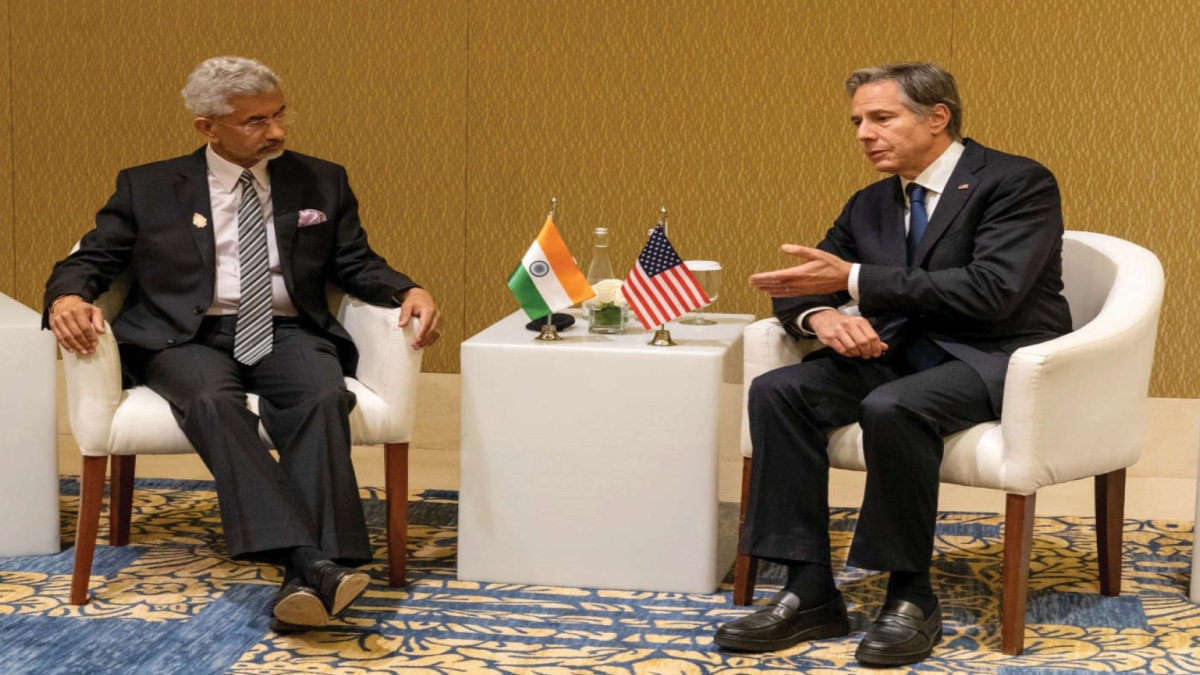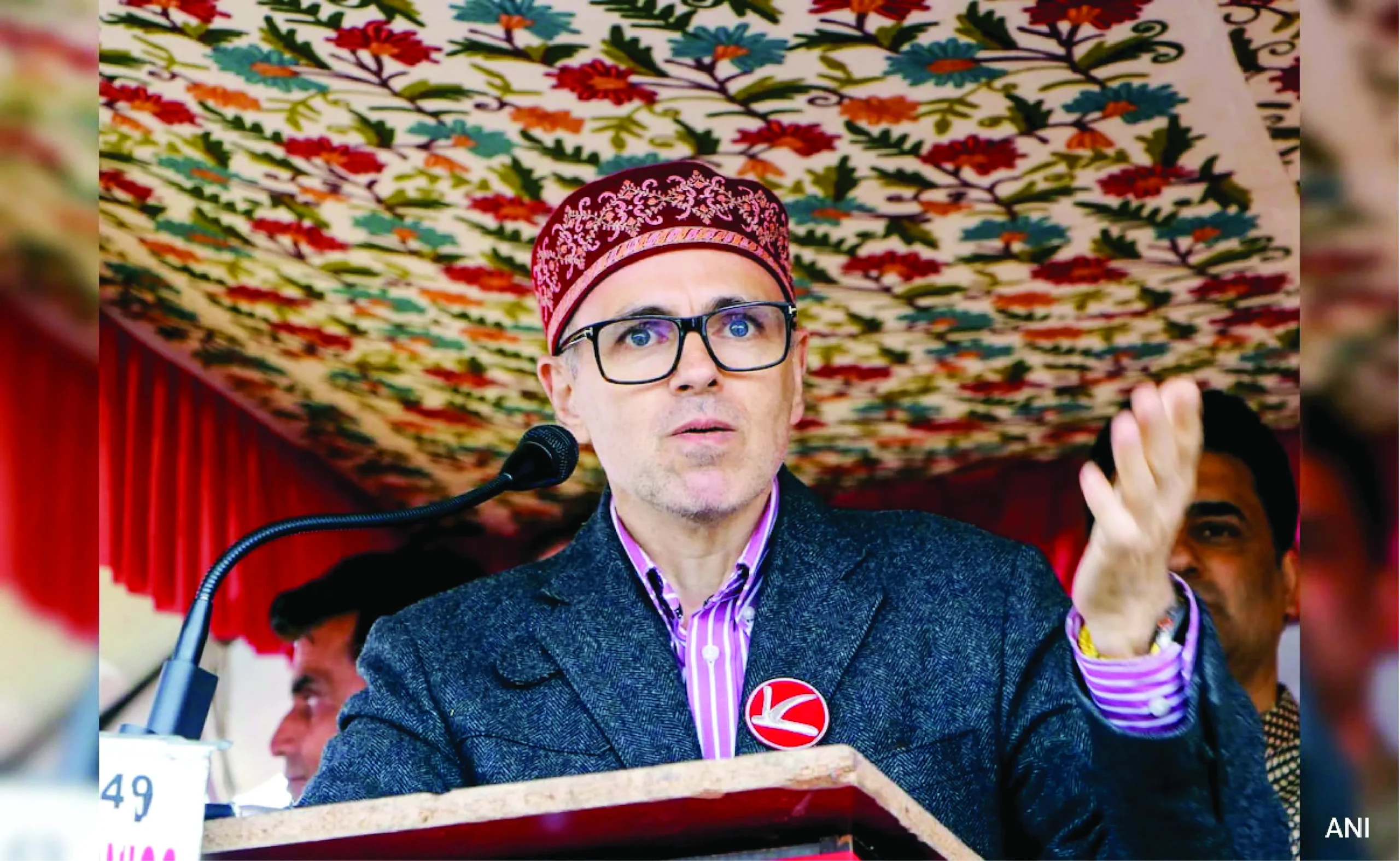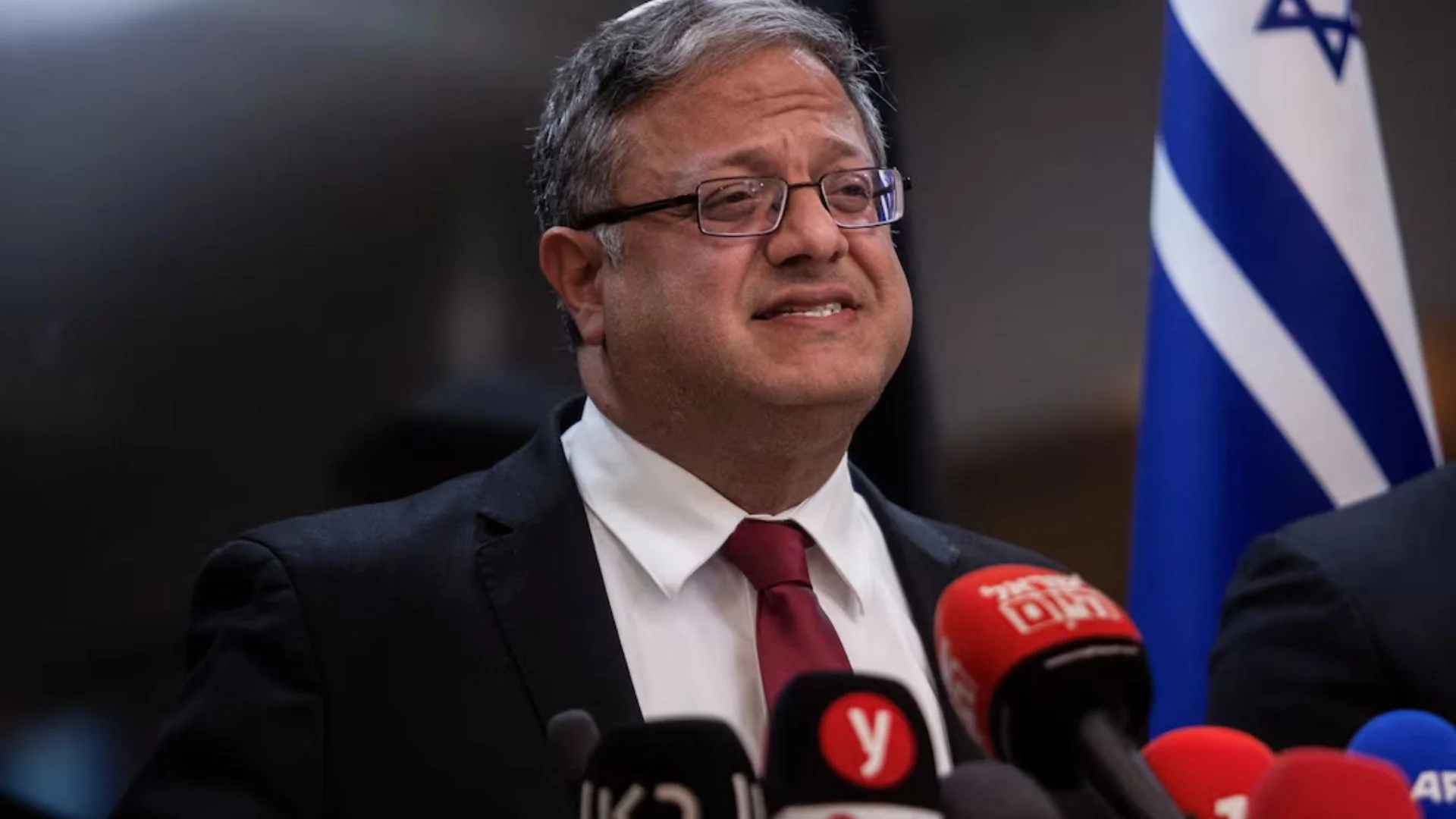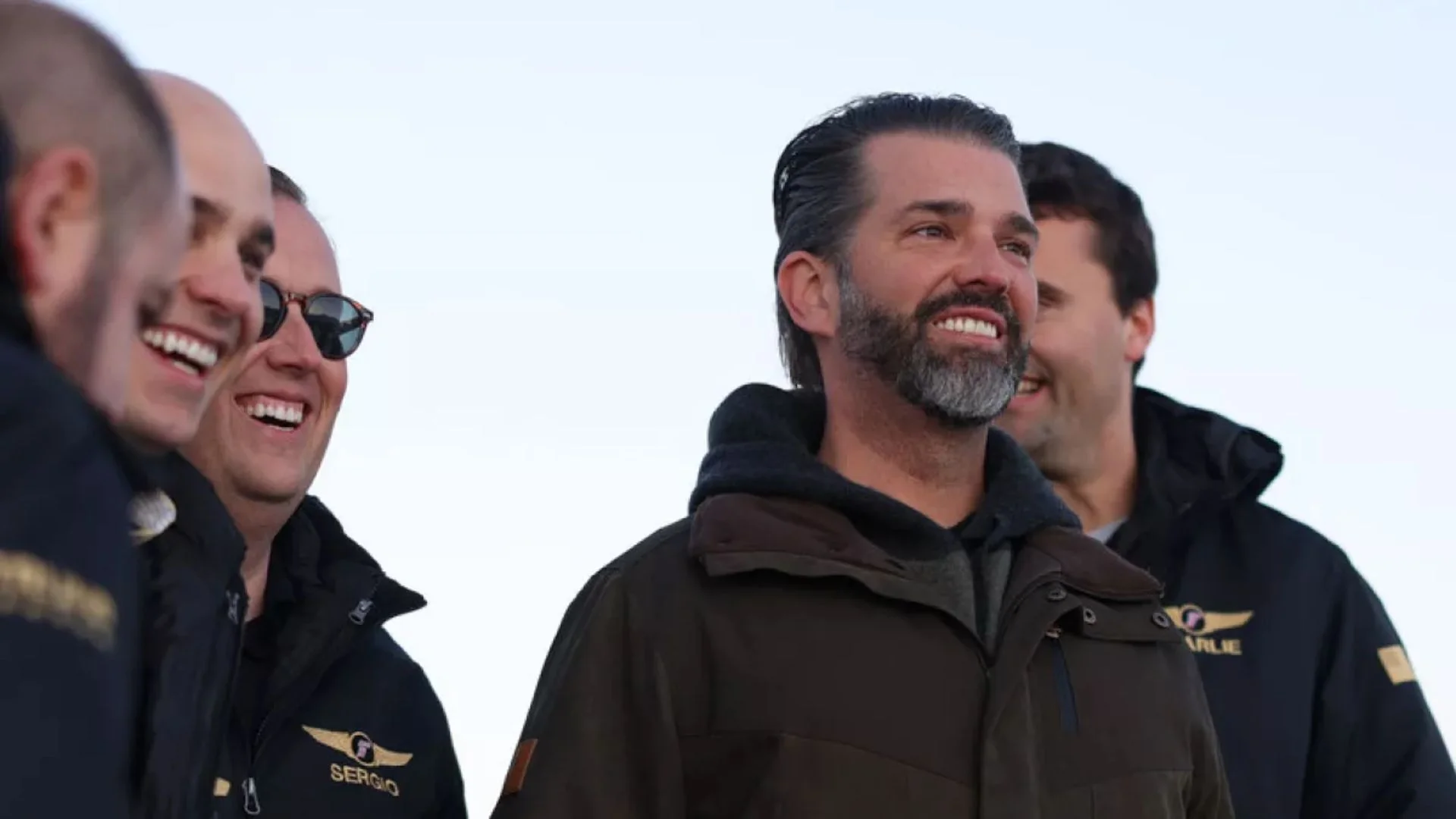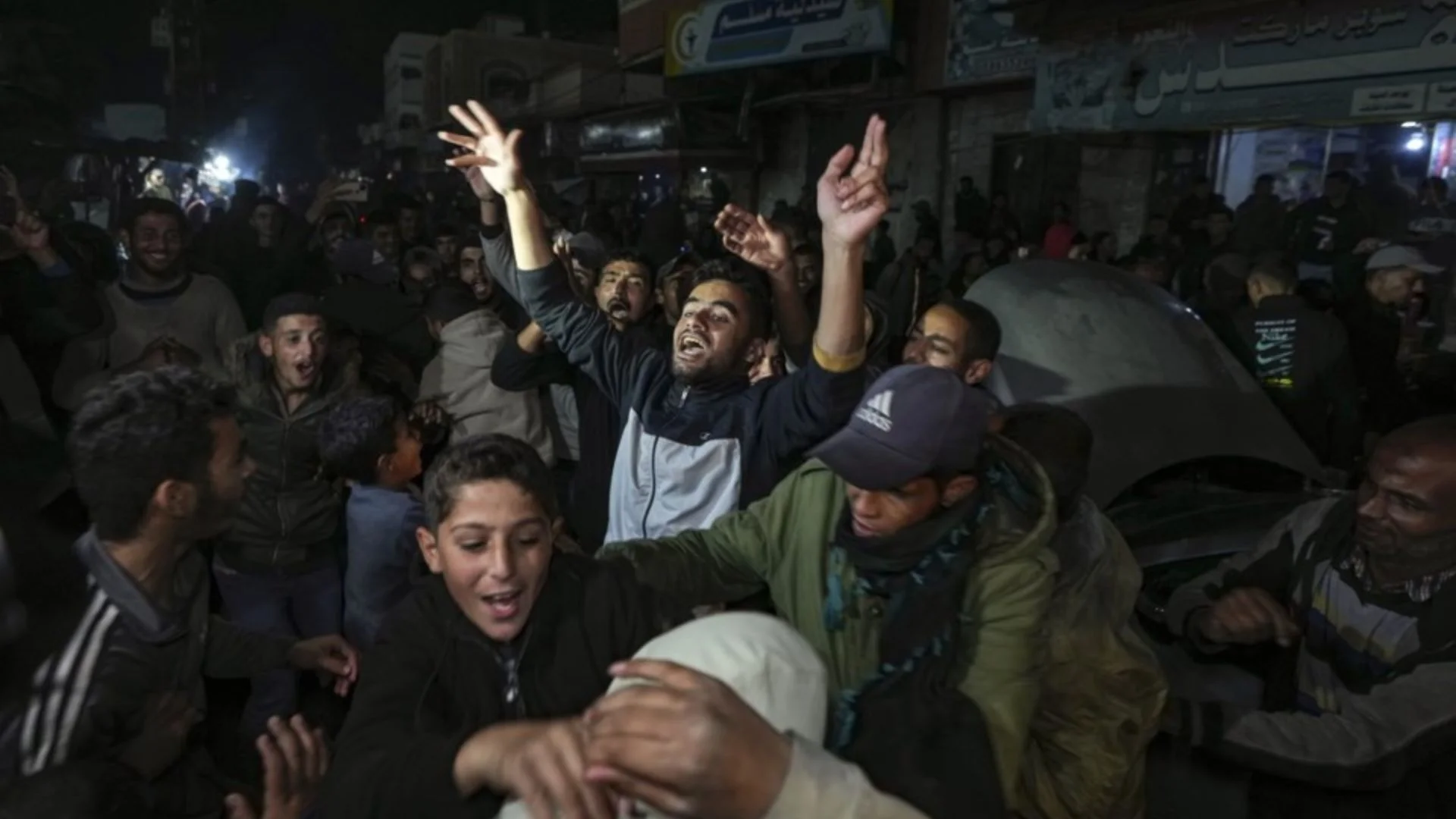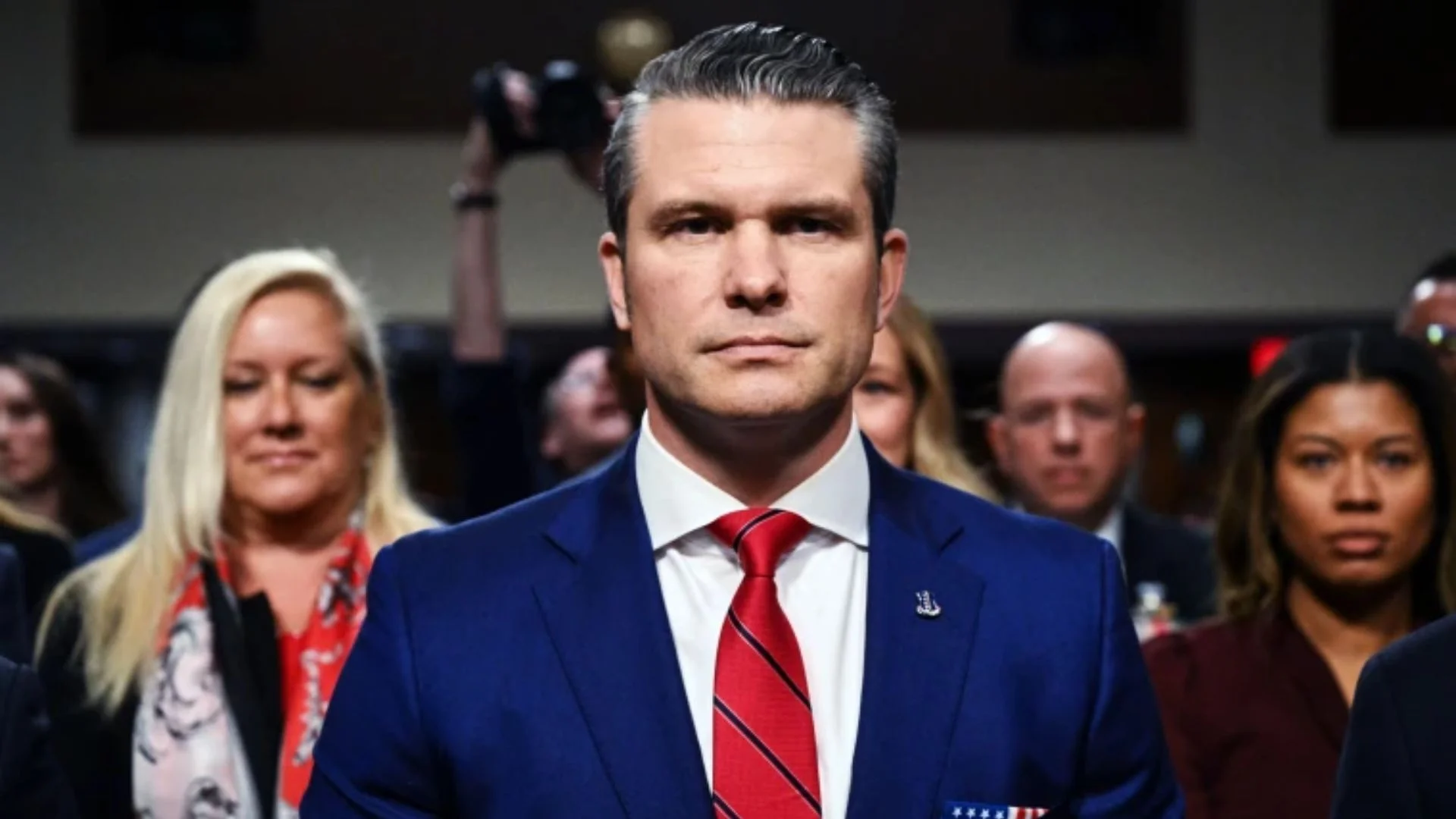Foreign minister S. Jaishankar’s articulation of India’s apparently bold new foreign policy or assertions on Russia and beyond are getting a lot of attention. Yet, Washington or Brussels may see these views as too brazen and independent. How will they eventually fully react? Is India another thorn to Washington and NATO in the making? Or is it articulating a new, more concrete and positive direction on geopolitics for many, especially in the South?
Jaishankar has recently reflected on what he sees as this new more confident, independent and rational approach. At the GLOBSEC 2022 in Slovakia, he stated, “Europe has to grow out of the mindset that Europe’s problems are the world’s problems, but the world’s problems are not Europe’s problems.” This was said under strong questioning and focus by the interviewer. One seemingly trying to get the foreign minister to take sides on the Ukraine war and possibly, to support the West over Beijing or Moscow.
But the minister considers India is its own camp, not in anybody else’s. That includes not Washington’s, not China’s and not Russia’s. The interviewer probed away, saying surely there are two sides, and one must choose. It was almost with a chastising tone. Has there been also a self-righteous tone by many western journalists to get India to see Russia as the single perpetrator of the Ukraine war and thus making it seem that the West is all out to neutralize the “neutrals” like India on this? Yes, indeed .This has been so strong that those on the receiving end may be getting anti-Russia campaign fatigue.
However, Jaishankar is apparently not afraid of strong and continuous opposition to his view of not taking sides on this war. Or to get into twisted logic that because of India’s difficult relationship with China, and China backing Russia that by default, he should be on the side of the US. This kind of third party thinking he sees as being convoluted.
The erudite minister and brilliant thinker possesses a PhD, and university training from India. He is multilingual and speaks Russian fluently. He is also a seasoned professional diplomat, and therefore, has no intention to ruffle anyone’s feathers and if he needs to, he tries to do so with cold logic and facts. An approach that can understandably upset those whose are decidedly overly partisan to get him into NATO’s camp or some other camp.
Jaishankar is a politician, now of course, who argues well with few peers internationally at his level of expertise and skill, making him a valuable resource for India. And importantly a de facto leader of the idea that countries can have independent rational voices on geopolitics than be submissive to big powers or dominating others. Yet at the same time he wants India to judiciously contribute to world peace.
Going against Putin may be seen as a no-brainer as Washington as well as London so enthusiastically do. Western powers and NATO hope, if not expect, the world to follow suit. Yet in a sense, he is saying, along with his Prime Minister, that India will not and this displeases those who shape US foreign and NATO policy. A good demonstration of this was when Jaishankar was sharing the stage essentially one on one with Liz Truss UK foreign secretary. He told her at an Economic Times, April 2022 event that he was not going to bow to criticism about India trading with Russia, the volume of which is well below what the West was still doing. Truss said she respected India’s right as a sovereign nation to have its own foreign policies. However, by Russia taking territory unilaterally, she implied it was only natural in principle for India to be highly critical of Russia on the question of the Ukraine war.
But do the West and she really think India should have its own foreign policy and balance principles with interests as the West does? I doubt it and on many issues. And her tone of saying that India can have an independent foreign policy sounds a little patronizing, possibly reflecting the UK’s exploitative colonial past that she does not want to project. Or even maybe feeling a little guilty about. The West should not forget the trillions it extracted from India and others in the South through colonialism and mercantilism over centuries.
It should also not be forgotten that US neo-cons years ago—still a leading force in US foreign policy today—established clear goals. That is to try to ensure countries like Russia would be essentially put under US control or at least its values. This was exposed by Wesley Clark, former NATO commander. Countries like Russia, China, Iran and beyond were on their “hit list”. Even the late Zbigniew Brezinski, former US National Security Advisor, wrote of his ideal of dividing up Russia into three pieces to weaken it before likely an assault on China. This view does not seem to have changed among many key advisors and luminaries such as Robert Kagan and Victoria Nuland. The latter is still near the top of the US foreign policy pyramid and orchestrated in part the removal of the pro-Moscow government in Kiev. Clearly, India does not want anything to do with such geopolitics, thankfully.
The world is more complex today when the original plan by the US neo-cons to defeat was written in the Pentagon around three decades ago—a world going multi-polar now despite many aspects still in Washington’s favour to dominate. This includes an unmatched military in size, control of the leading reserve currency and a huge market. India, therefore, recognizes this; so still wishes to be a partner to the West, but not as a lackey. Its economy is now too important and its strategic value in the Quad with Australia, the US and Japan is not to be sneezed at—a security alliance to keep peace in the Indo-Pacific waters.
The West needs India as a friend and should be careful not to alienate it due to its new confidence and rational approach to both its self-interest and global matters. Otherwise, India could become a new separate block “unconstructive” to the West.
The author has worked as an educator for 23 years and has expertise in international relations developed at Harvard University, with NGOs and as a government writer. He lives in Southeast Asia.
Foreign minister S. Jaishankar is apparently not afraid of strong and continuous opposition to his view of not taking sides on the Ukraine-Russia war. Jaishankar’s articulation of India’s apparently bold new foreign policy or assertions on Russia and beyond are getting a lot of attention. Yet, Washington or Brussels may see these views as too brazen and independent.

